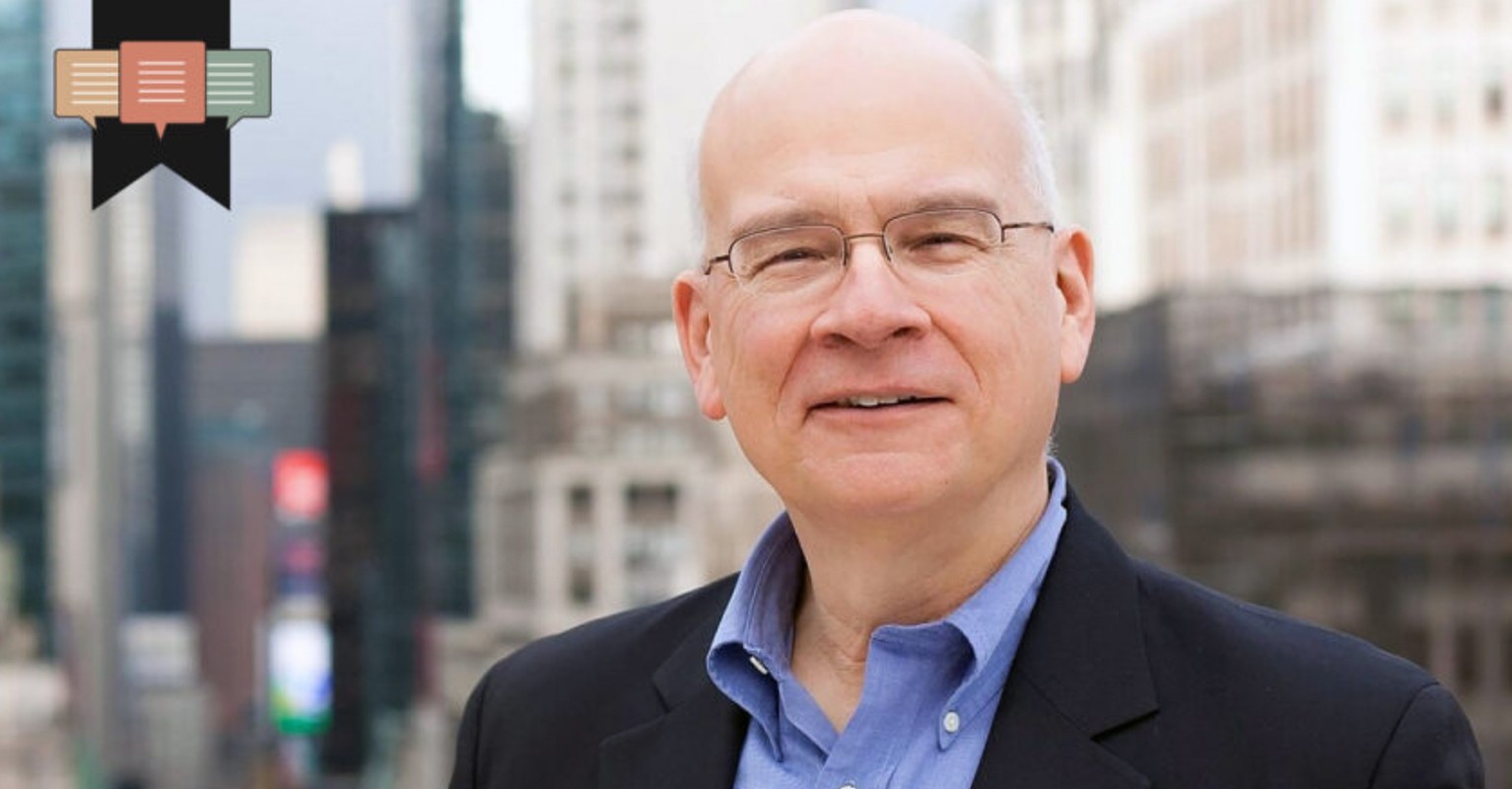
He Was Ready for Heaven
May 20, 2023I’m not in the habit of commenting on the death of every famous Christian. The world doesn’t need a statement or a reflection from everyone on everything all the time.
But it’s not all the time that two well-known friends in ministry die within the span of 24 hours. Those outside the Presbyterian Church in America may not realize that Briarwood in Birmingham and Redeemer in Manhattan may be the two most famous churches in our denomination. How sad, yet providentially fitting, that their pastors would enter into glory on nearly the same day. Harry Reeder’s death came as a shock. Tim Keller’s death shouldn’t have been shocking—his battle with pancreatic cancer was well known—but somehow even though Tim had outlived the normal prognosis (by a long shot), when his days drew to an end, it still felt sudden. Beautifully, Tim was ready to die. None of us were ready for him to go.
I initially got to know Tim through his books and his sermons. Even though we had met a few times along the way in TGC (The Gospel Coalition) circles, I didn’t get to see Tim up close at regular intervals until six or seven years ago when I came on the TGC board. We navigated some choppy waters in those days, and then later we were put together on the PCA’s sexuality study committee. Over many emails, phone calls, and meetings I got to know the Tim Keller behind the famous books and famous sermons. Turns out it was the same Tim Keller. Amazingly, I never got a whiff of pretension with Tim, never a hint of moral impropriety, and never a sense of superiority or entitlement. I know many other young(ish) men who probably thought the same thing I did, “Why is Tim so kind and encouraging to me?”
That question has nothing to do with me and everything to do with Tim. On the one hand, I think Tim made a conscious effort in the last five years to invest in the next generation. He deliberately looked for ways to support others, steer them, and, if necessary, affectionately spar with them. This was a strategic move on his part, perhaps sensing more and more his own mortality. But conversation also came naturally for Tim. Though not an extrovert by most definitions, he was at ease with people (or at least he was by the time I got to know him). He was insatiably curious about ideas, books, and trends. He loved to talk about theology, culture, and history. He also loved to tell stories. Importantly, he smiled often and liked to laugh.
I’ve written before, at greater length, about Tim’s life and ministry, including some ways we were similar and some ways we were different. As I said at the conclusion of that piece, the best thing about Tim wasn’t his intellect, his insights, or his communication skills—as impressive as those gifts were. Second to the gospel that he joyfully preached, the most lasting lesson from Tim Keller’s life is Tim Keller’s life. His books will last a long time. Likely, so will the church he pastored and the ministries he helped to start. But in these days immediately following his death, I suspect what you’ll hear most is Tim’s life of heartfelt faith and sincere devotion. He loved Jesus. He loved the Bible. He loved his wife, Kathy, and their children. He kept the main thing the main thing. He wasn’t a jerk. He wasn’t a prima donna. He was enjoyable to be around. He was full of the fruit of the Spirit. He was ready for heaven. That’s a good life; that’s a Christian life.
Soon after his diagnosis of pancreatic cancer in 2020, I was on the phone with Tim, probably talking about some brushfire at TGC. He said he needed to tell me something about his health and let me know why he would be out of commission for some time. His demeanor was sobering and realistic, but also hopeful and grateful. I remember hearing from Tim several months later, “You know, I’ve always talked about preaching the gospel to yourself and finding freedom in the gospel, and I’ve really believed it. But with this diagnosis I finally have complete freedom.” Then he said with a chuckle, “I can say no to everything now. Once you have cancer you can do whatever you want.” The comment was lighthearted, but it also made a serious point. Tim knew what Christ had done for him and who he was in Christ. He also knew that he was free to focus in the months or years head—whatever the Lord might give him—on those things (and only those things) that were most important. Tim was fully alive even when dying of cancer. He was full of faith until the end, all the way up to the moment when his faith became sight.
Tim and I didn’t talk all the time. There are many others who knew him longer and more deeply. But we did communicate regularly, and it says something revealing—if unsurprising—that as I peruse our emails over the past few months, Tim was writing about everything from Christian Nationalism and two kingdoms theology, to Abraham Kuyper and Martyn Lloyd-Jones, to the Bible’s teaching on spiritual adultery and idolatry. In our last communication a few weeks ago, Tim told me that he would be feeling better in a month and should be ready for a podcast interview after that. Well, there won’t be a podcast interview, but Tim was right: he’s feeling much better now.
The very last line, which seemed perfunctory at the time, now feels rather poignant. “Talk later—and thanks!” he said. I’d like that. Because of Jesus, we will talk later. And Tim, thanks.
This content was originally published on WORLD
